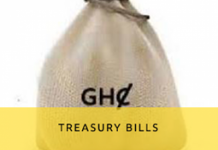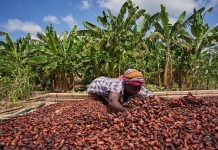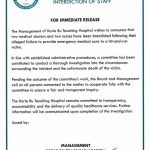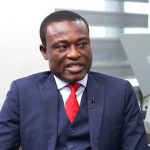Nigerians were due to start voting on Saturday to elect a successor to President Muhammadu Buhari, with many hoping the next leader will steer Africa’s most populous nation and biggest economy on a new course after years of worsening violence and hardship.

Polling stations were scheduled to open at 8:30 a.m. (0730 GMT), though Reuters reporters at several locations across the country saw some that were not ready. In northern Kano State and southern Bayelsa State, reporters saw queues of voters with no election officials in sight.
“We are still waiting on them as you can see. I’m here and everyone else is here. So I’m eager to vote, to cast my vote, to perform my constitutional right,” said Daniel Kessy, who was among those waiting to vote in the city of Kano.
The main candidates in the most wide open contest since Nigeria switched from army rule to democracy in 1999 are two political veterans from the two main parties and a candidate from a minor party who opinion polls suggest has a chance thanks to support from young voters.
Buhari, a retired army general, is stepping down after serving the maximum eight years allowed by the constitution but failing to deliver on his pledge to bring back order and security across Nigeria, Africa’s top oil-producing nation.
More than 93 million people are registered to vote for the next president and members of the National Assembly.
Some 176,600 polling stations were scheduled to be open between 8:30 a.m. and 2:30 p.m. (0730 GMT to 1330 GMT). In past Nigerian elections, voters in some areas have complained that polling stations opened hours late or did not materialise at all.
Vote-counting will begin as soon as polls close and results will be posted outside polling stations. The final tally from the 36 states and federal capital Abuja is expected within five days of voting.
The run-up to the vote has been marred by violence, a pattern seen in previous Nigerian elections, with the killing of a senatorial candidate in the volatile southeast region on Wednesday the latest in a series of serious incidents.
The election comes as Nigerians are struggling to cope with a shortage of cash caused by a botched plan to swap old bank notes for new ones that has wreaked havoc on people’s daily lives and led to scenes of violence at banks and cash machines.
The new president will also have to grapple with problems ranging from high inflation, deep poverty and energy shortages, to an Islamist insurgency in the northeast, industrial-scale oil theft in the south and rampant crime everywhere.
For the election, land borders were closed, soldiers were patrolling the streets in several states and movements were restricted in an effort by the authorities to boost security.
























































![[FREE FREE MONEY] Predict and Win a Guaranteed GH¢200 From Us EVERY WEEK](https://wordpress.ghanatalksradio.com/wp-content/uploads/2022/02/Predict-and-Win-Final-09-03-2021-218x150.jpg)
![[Predict & Win – 8th/Oct.] WIN A Guaranteed ¢200 From Us This Week](https://wordpress.ghanatalksradio.com/wp-content/uploads/2021/10/maxresdefault-16-218x150.jpg)
![[Predict & Win – 2nd] WIN A Guaranteed ¢200 From Us This Week](https://wordpress.ghanatalksradio.com/wp-content/uploads/2021/09/maxresdefault-50-218x150.jpg)
![[Predict & Win – 25th] WIN A Guaranteed ¢200 From Us This Week](https://wordpress.ghanatalksradio.com/wp-content/uploads/2021/09/maxresdefault-36-218x150.jpg)
![[Predict & Win – 18th] WIN A Guaranteed ¢200 From Us This Week](https://wordpress.ghanatalksradio.com/wp-content/uploads/2021/09/maxresdefault-23-218x150.jpg)










![[National cathedral] See full list of churches that have contributed since 2018](https://wordpress.ghanatalksradio.com/wp-content/uploads/2020/09/Ghana-National-Cathedral-GhanaTalksRadio-100x70.jpg)



